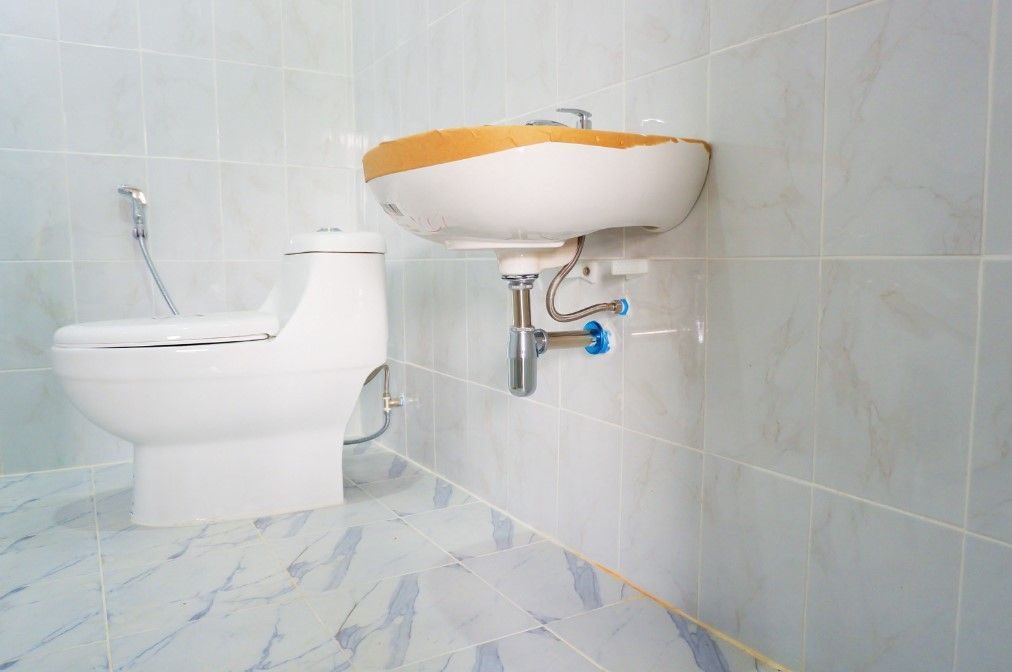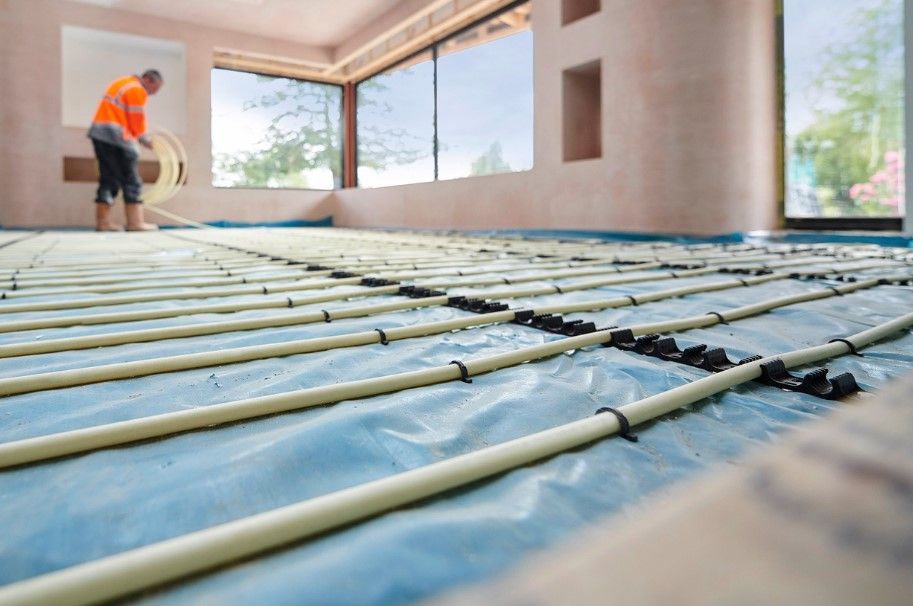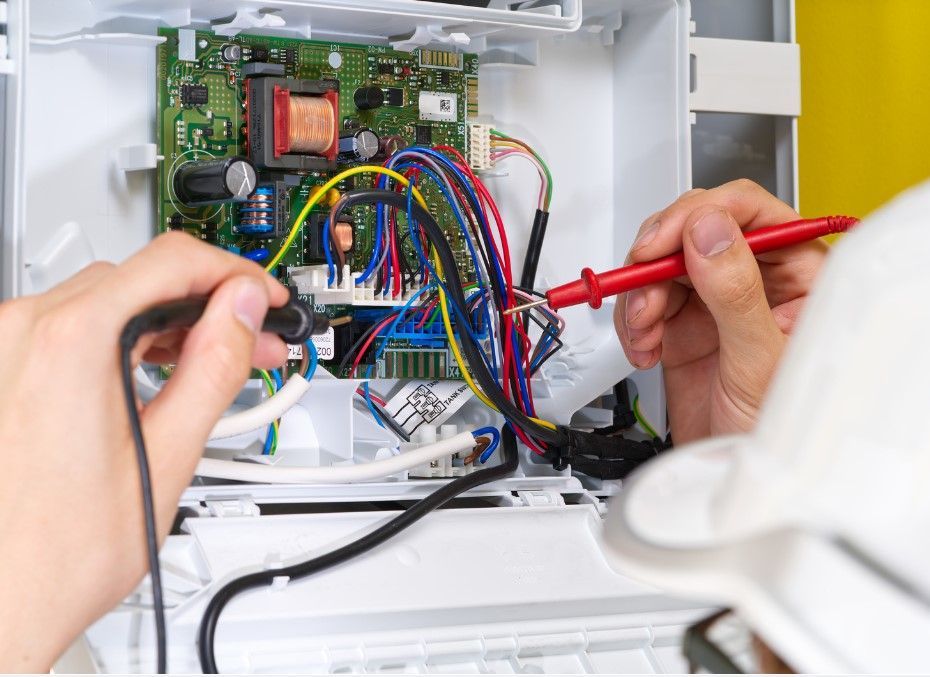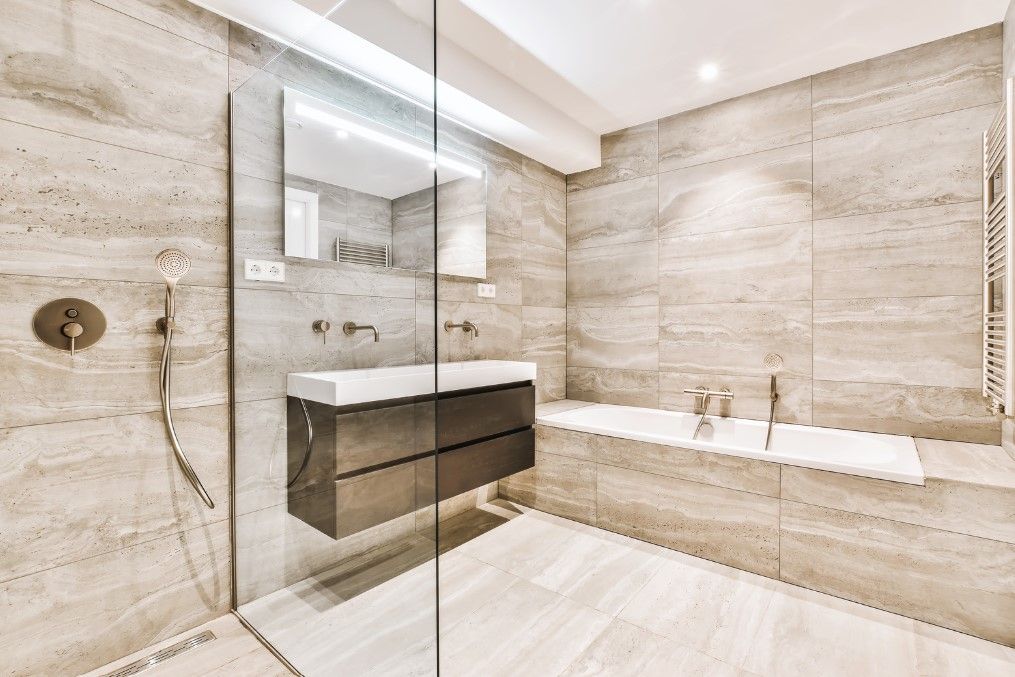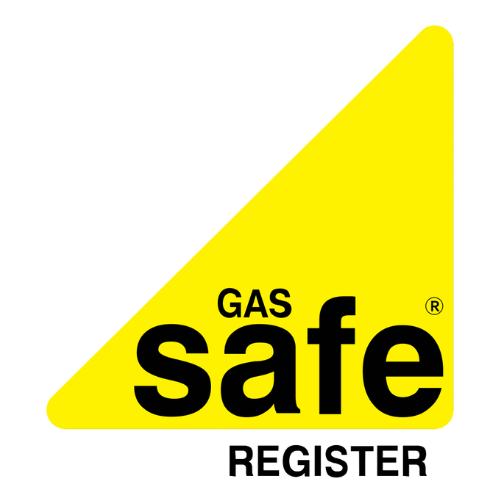The Future of Home Heating
With previous governments setting carbon targets of heating systems being net zero by 2050, will future boilers and heating systems different from those today?
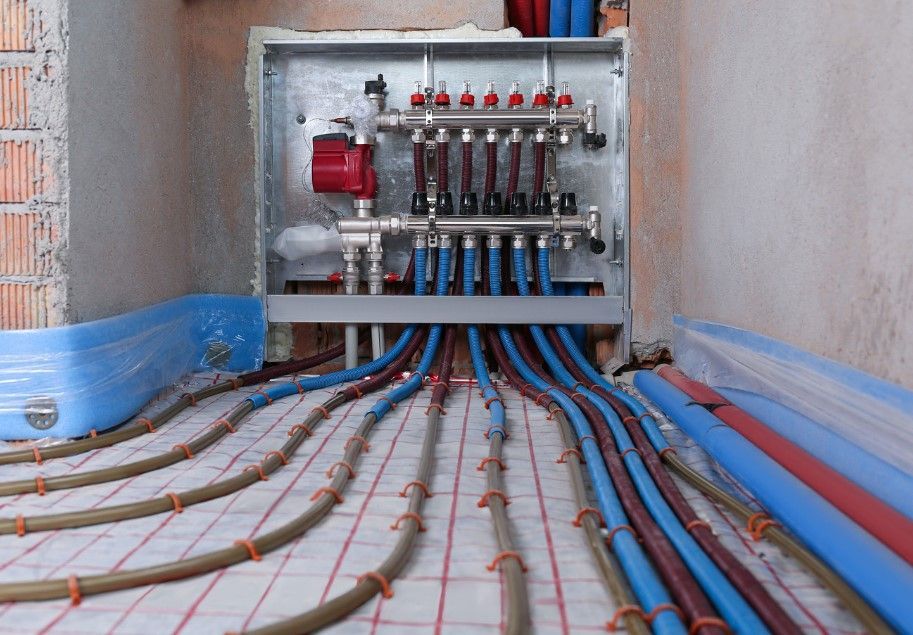
We have a quick look at some of the alternatives and what may happen in the future for existing homes with gas boilers:
Ground Source Heat Pumps
This renewable energy has been given a recent boost by the government who have set targets for the amount of new homes to be installed with this heating system. As its name described the heat is taken from the ground and fed into a heating system. Either a hole is bored into the ground or a series of trenches are laid into the ground. The heat from the ground is used to raise the temperature of the fluid contained in the ground pipes which is then pumped into a refrigerant, which compresses the fluid to generate more heat in an exchanger which then passes hot water through to your radiators.
Air Source Heat Pumps
Air source heat pumps follow the same principles of operation as ground source heat pumps but instead use the outside air temperature to change the temperature of the refrigerant liquid again this is pumped into an exchanger which compresses the liquid causing its temperature to rise which is used to heat your home.
Hydrogen Boilers
These are likely to be a major replacement for gas boilers as they operate in a very similar fashion. The advantage of hydrogen has over gas as that it can be manufactured from water and electricity which does mean production would be within our own control rather than down to who has supplies of natural gas globally which will eventually run out anyway being a fossil fuel.
However, at this stage hydrogen boilers are not able to operate 100% on hydrogen but typically on a 20% hydrogen 80% gas blend so but this will still make a big impact when applied across millions of homes. It is likely this will be a phasing programme with national supply managing the gas / hydrogen mix ratio and this following the technology and capabilities of the boilers
Large Scale Renewable Energy Generation
These are just a few of the options which will power the National grid rather than being operated on an individual house level. Some of the options below and other power generating options will be suitable to collectively power a number of properties such as biomass boilers which could be used to heat multi-occupancy buildings such as tower block. Similarly solar farms exist to generate electricity for the national grid to power many properties.
Solar Panels
Most or us are aware of solar power whether this is from seeing panels installed on the roofs of houses near us or from driving past solar farms with hundreds of panels covering the land it certainly seems as though this form of renewable energy is set to stay and grow. Whilst there was a surge in solar panel installations several years ago the pace has slowed on residential properties as the government decreased the support tariff, which has made off-setting the upfront costs of installing solar panels much less attractive. However, with new build likely to include these more and more to reach the new Future Building standards costs should continue to drop making it more affordable for retrofit.
There are two different types of solar panel the solar PV panels us sunlight to generate electricity by absorbing light and converting it to electricity. Solar water heating panels contain tubes filled with water and glycol - when the infra-red rays are absorbed into the solar collector the fluid mix is warmed, which in turn us used to heat a hot water cylinder by pumping this liquid through it. Unfortunately since the amount of solar energy generated varies on weather conditions and daylight you will still need a more conventional boiler system to supplement the solar water system to ensure you can have enough hot water all year round.
Wind Turbines & Tidal Farms
Wind turbine simple convert the motion generated by the wind to generate electricity using the principles of motion in a magnetic field. This motion (kinetic energy) in the magnetic field is then converted into electrical energy.
Nuclear Energy
Whilst there can be great debate over the pros and cons of nuclear energy it still does provide a clean and efficient way of generating electricity. Unfortunately there has been much negative press over incidents such as Chernobyl and the issues of dealing with nuclear waste it has been a large contributor to the energy supply in European countries such as France and Germany, which when managed responsibly have provide many homes with clean energy.
Whilst we can't say for sure what the future holds regarding energy supply and generation in the UK there will definitely move away from fossil fuels. Our heating and energy generation will be a changing landscape but one which should serve our future and our planet much better.


